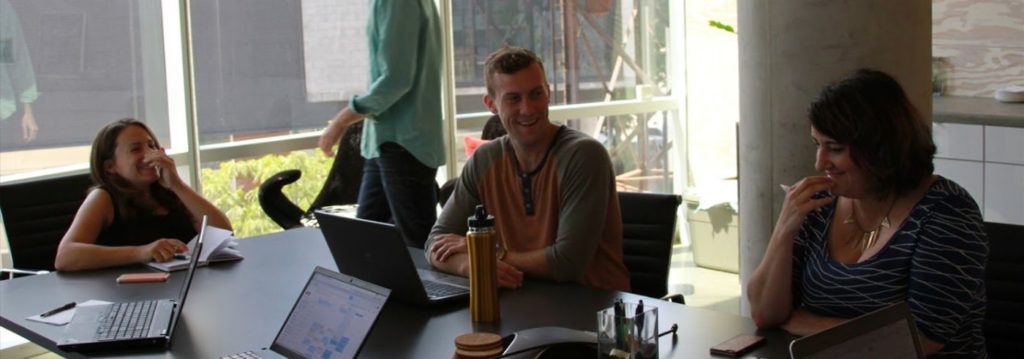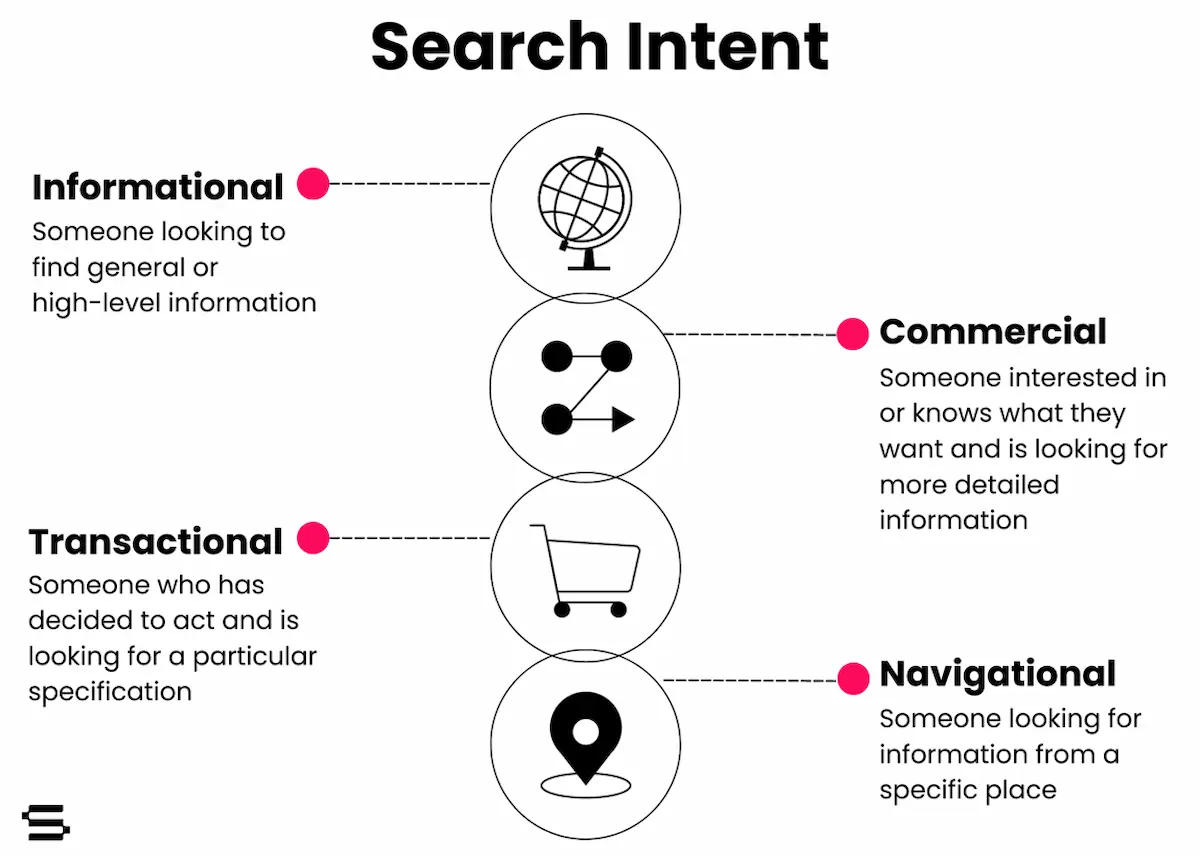So, now you're a manager - way to go! You’ve received your first project assignment and you’re probably stoked to kick things off and face the challenge. However, a challenge is exactly that: an opportunity to pursue something new that will push you to your limits. And let’s face it, sometimes that’s scary! Here are a few business skills I learned back when I became an SEO Account Manager. Hopefully, these tips will help you, too:
1. Ensure You Know What Other Divisions are Working On

Here at Seer, we love integration: with data, ideas, and especially teams. The chance to work on a multi-divisional project is incredible! It gives you the space to really understand things like what CPL is, what the Analytics team means by “GTM Triggers”, and why we care about Google expanding same meaning close variants.
If you don’t know what someone is talking about, just ask! By leveraging data and knowledge across divisions, we become more holistic in our strategy, which is a win/win for our team and our clients. Doing little things, like taking five minutes before the client call to catch up on what you’re working on go a long way in being the best possible consultants we can be.
2. Build Up Your People Management Skills
People management is something I did not fully think about going into my new role as an Account Manager. Managing clients? Got it. Managing strategy? Cool. Being a mentor? Definitely. But the “manager” title is so much more than just mentorship. It means pushing your team to their next level of potential, holding them accountable, and being a resource they can rely on when they need you.
Keeping your team motivated to hit their goals is one of the first steps you can take when starting to manage people. It’s simple: just ask them where they want to go, and ask how you can help them get there. By having the “help me, help you” mentality, it instills trust and a mutual appreciation for the others’ wins.
Additionally, don’t forget to delegate! As much as you want to be there for your team, remember that they’re there for you, too. When I first became a manager, I couldn’t fully shake the “tactical” focus that was my job as an associate. While that’s still a role to be played as a manager in some capacity, your associates are there to support your strategy and be the backbone of the project - so, use them!
3. Dedicate Time to Building Rapport With Clients
Clients are more than business partners. They push us to learn and grow, they ask questions that make us think, and they are, at their core, human beings like the rest of us. As such, we should treat them that way.
It might seem cumbersome to make “small talk,” but that’s where strong relationships begin. Once, from the obligatory “how was your weekend?”, a conversation was spawned between my client and I where we bonded over our mutual love for rock climbing. Keeping tabs on your clients’ interests and passions helps frame them as human beings, just like you.
Small talk at the beginning of a meeting can be fun, too! My go-to question to ask clients is, “if you could only keep three apps on your phone and had to delete the rest, what would you keep?” (s/o to Jennilynn for that one). It’s a light-hearted question that reveals an empathetic side to people, in that they genuinely want to share something about themselves.
Building these relationships also improves the amount of buy-in you’ll get for your strategies. By establishing yourself as your client’s partner, they’ll effectively remember that you’re always on their side. Thus, building these relationships also increases your consultative authority.
4. Be the Example for Meeting Etiquette
Meeting etiquette is an area which I feel strongly (read: my Type A pet peeves are revealed in meetings). The golden rule of meetings is: if you can’t add value, then (politely) decline to attend. If you can add value, be all there. Here are a few dos and don’ts to keep in mind during meetings:
- Do make consistent eye contact (if in-person or a video call)
- Do mute yourself when not speaking in order to minimize feedback
- Do set up technology prior to the meeting to respect others’ time
- Don’t read off of your slides word-for-word
- Don’t type near the phone (my personal biggest pet peeve)
- Don’t “check out” once your speaking points have been covered
Meetings don’t always have to be formal, but respect is what permeates our memories after we disperse from that meeting. If you keep respect for others top of mind throughout meeting, the rest will fall into place.
5. Don’t Be Afraid to Raise the White Flag and Ask for Help!
When you’re in a new role and trying to prove yourself, it’s easy to forget that you’re allowed to be wrong. You’re allowed to be bad at some things. You’re allowed to fail - that’s how we learn! It’s important to remember two things:
- If you’re showing your ETHIC, you will be in good faith
- When you’re in good faith, you will always be supported by your team
It doesn’t matter if you’re an associate, manager, or a director - we all need help sometimes. The key is being proactive and looping someone in as soon as you realize that you are, or might be, under water. I can’t stress this enough: it’s never too late to ask for help.
At the end of the day, you’re just diving, not surfing
Seth Godin released a blog a while back that called for readers to assess whether they’re diving (doing the same thing you already know, but under more pressure) or surfing (taking on a new high-stakes challenge with potential consequences if you fail). When managing projects, almost all of what you’re doing is diving. Whether it’s in 6 feet of water or 60 feet of water, all that changes is the pressure - don’t let that be the death of you.
In a different post, Seth goes on to write:
“What if you acted as though you were more charismatic than you feel–more confident, more competent? ...what if you invested that effort, just for a little while?”
Remember: you were put into this role for a reason. Your managers and the leadership team make calculated decisions when promoting people, and clearly, they trust you to kill it in the role you’re in - so, kill it!
Here at Seer, we believe in lifting one another up and being part of a never-ending support system. Are you ready to flex those management muscles and be a part of our team? Click here to explore our open positions.

